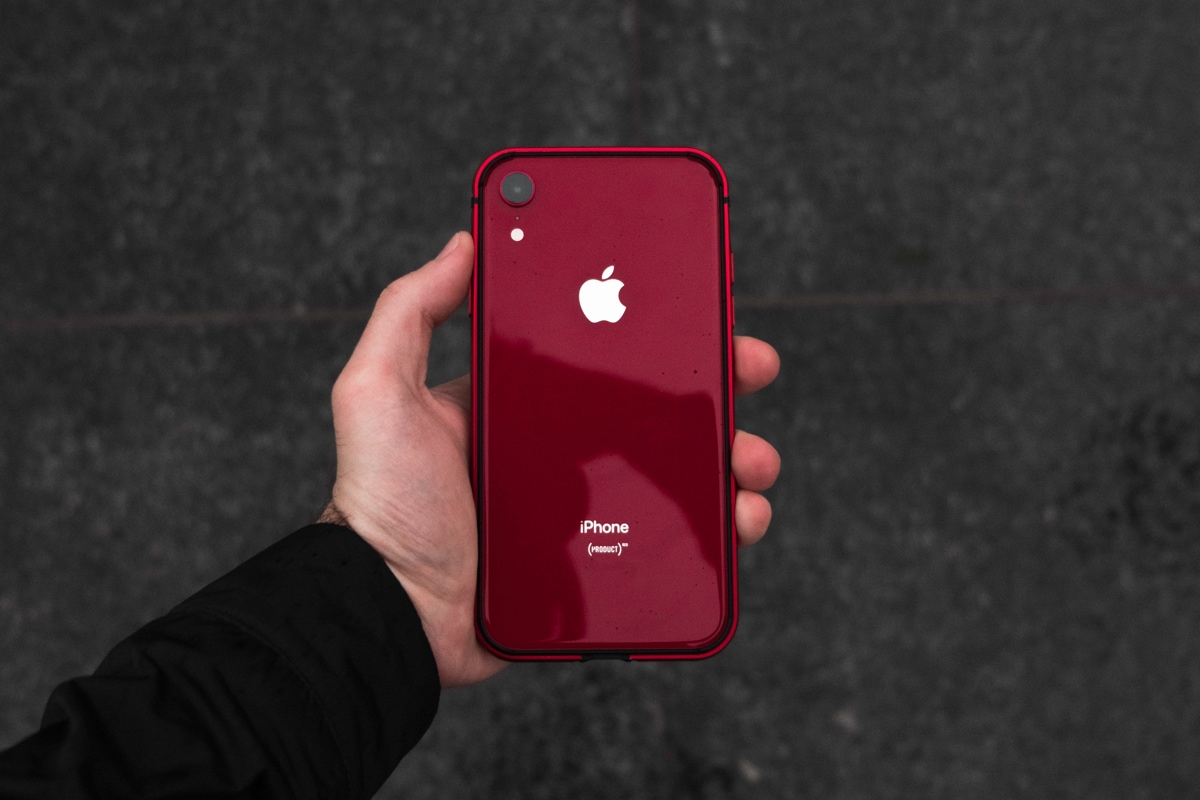Each late spring Apple shows off its expected working framework refreshes at its Worldwide Developers Conference. This year, the retirement of iTunes (in spite of the fact that it's not totally leaving) and the presentation of an extravagant new Mac Pro have overwhelmed the newscycle, however those are only two of the numerous progressions reported for the current week.
In case you're just thinking about how your iPhone may change when you move up to iOS 13 when it drops in the fall, read on. Here are eight highlights important.
Dim Mode
Numerous applications and working frameworks presently have a "dim mode" to supplant the splendid white default. The current working framework for Macs, Mojave, as of now offers it, as does Android 10. Presently it's coming to iOS 13. Need a review of it? The Twitter application as of now offers a dull mode, and you can turn it on in the application's settings.
While Apple flaunts that Dark Mode is "wonderful" and "simpler on your eyes," it additionally ought to hypothetically be better on your battery if your telephone has an OLED screen, which can turn off individual pixels when showing dark.
Quicker Face ID
In the event that you sign on to your iPhone utilizing Face ID, the procedure will before long be 30 percent quicker, Apple says. That AI-fueled component (it utilizes neural systems, an AI method) is just accessible on iPhone X and more current. Apple says that it's a substantially more secure type of opening your telephone contrasted with Touch ID, which examines your unique mark.
Swipe to type
Except if you're managing, making content in iOS includes hitting each letter into the keypad, at that point perhaps tapping on an autocomplete recommendation above. Presently Apple is making it conceivable to drag your thumb over the console letters to frame the word. Android offers this component as of now, yet iPhone clients expected to introduce an application like Gboard so as to empower this sort of messaging. In the fall, Apple will offer this alternative, called QuickPath, locally in iOS 13.
Area authorization
Individuals care about their security when utilizing tech items and stages, especially about an application knowing where they are. Apple as of now lets you to pick in the event that you need an application to have the option to know your area constantly, never, or exactly when you're utilizing it—and Android 10 will offer a similar three decisions.
Apple is currently presenting an element that will enable clients to give an application get to your area only one single time. It could prove to be useful if there's an application you once in a while use, however will possibly function admirably on the off chance that it can identify where you are. Apple is likewise attempting to keep applications from endeavoring to make sense of our area tactfully by looking at the Wi-Fi or Bluetooth flag around you.
A wound at ceasing robo-calls
Robo and telemarketing calls are a plague on the cell phone conveying masses. With a component called "quietness obscure guests," iOS 13 will possibly allow calls to come through on the off chance that it perceives the number from somebody in your contacts, or if that number shows up in your messages or instant messages. Your voice message will welcome calls that don't meet that criteria, implying that if your dental specialist office calls to affirm an arrangement, you won't pass up the note altogether.
Google offers a related administration on its Pixel telephones, in which the Google Assistant picks up the telephone and holds a discussion with the guest.
Offer a tune with a companion
Have you at any point seen a couple on the metro tuning in to music together with a solitary pair of wired earphones, one earbud in every individual's ear? Apple might make that adorable minute a relic of times gone by. In the event that the two individuals are utilizing AirPods, and one of them needs to share a tune or sound from a motion picture with different, iOS 13 will get that going.
Messages with your photograph and name
To avoid any perplexity when you're iMessaging somebody out of the blue—since you may not be in their contacts—you'll have the decision to have your name and a picture based on your personal preference go with it on the recipient's telephone. A related component: If you're utilizing AirPods yet don't have your telephone before you, there will likewise be a choice to have Siri perused you any messages you get—and you'll have the option to answer by managing, as well.
An alternate method to sign in
When you sign up for another administration or application, you're much of the time required to pick a username and secret word. While a secret word supervisor can produce and monitor every one of those passwords, another choice is often enticing: the decision to sign in utilizing your Facebook or Google account. However, it's keen to be mindful when permitting an organization, for example, Facebook to assume a job in validating you as you sign on to an alternate administration—it could give Facebook data about what you're doing, and could give the outsider administration access to information from your Facebook account, as well.
Apple guarantees that their form of this administration will be progressively secure: they state they will "never track" you, and they additionally offer the choice to utilize an anonymized email address rather than your genuine one.

No comments:
Post a Comment